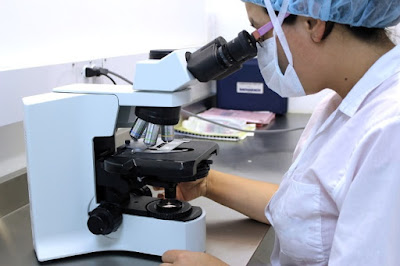Metals Necessary for Life
When one hears the word metal, it can mean different things to different people. For some, it is a music style. Others want to stake a claim up in the hills and dig out gold or silver. Metals are important for adornment, manufacturing, and so forth. But you knew all that. Metals are also vitally important for life — just ask a chemist, medical doctor, or biologist.
We hear about certain things that are important, and are puzzled to see vitamin supplements containing things like copper and magnesium. Sure, we know that calcium is important, and that is, chemically, a metal. Iron? Another metal we've heard about that is important, but the stuff we dig up and smelt for building is different than the iron within us. There are several metals we may not have even considered, but make it possible for cells to accept certain nutrients. They are helping us and we didn't even know it! They were designed to work, and have to be in the proper proportions. Also, we cannot get too little or too much of something, or our health is affected. Our creator designed metals to function in different ways, from manufacturing to biology, and some work in both areas.
 |
| Credit: Pixabay / Herney Gómez |
In this article we’ll look briefly at some of the many metals that permit life and make the earth habitable. When we think of metals, we typically think of hard, often-shiny elements like gold, silver, or chromium. Most of the metals we’ll see here are in groups 1A and 2A of the Periodic Table, the alkali metals and alkaline earth metals, respectively. These metals are shiny, soft and malleable, and have low melting points. They are fairly reactive and hence are never found in a pure state, but only in combination with other elements.To read the rest, click on "God’s Gift of Metals: Crafted for Life".